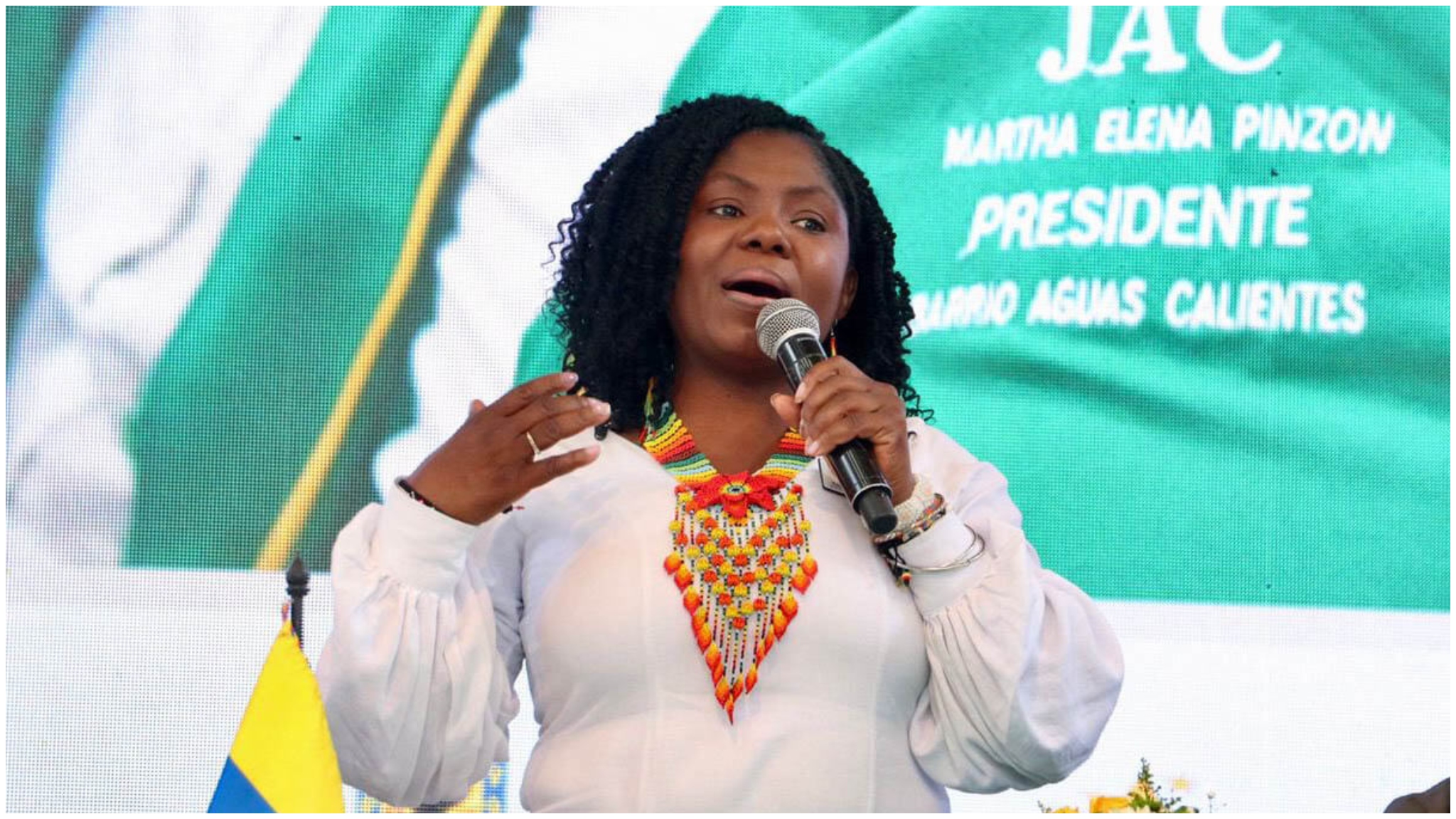In a powerful speech at the United Nations, Colombia’s first Black woman Vice President, Francia Márquez, called for former colonial powers to confront their dark past. Márquez, a dedicated environmental activist, addressed the Permanent Forum on People of African Descent (PFPAD) in New York on Monday. She urged these powers to take responsibility for slavery’s legacy and stressed the need for reparations.
Francia Márquez Speaks Out on Reparations and Colonial Injustice
During her opening remarks at the forum, Márquez spoke candidly about the lasting effects of colonialism. She emphasized that colonial powers, which had enslaved millions of Africans, must be held accountable for their role in the degradation of African people. “Colonial states must restore the dignity of people of African descent,” she said. Her plea resonated across the room as she called for a global reparations fund to help erase the scars left by centuries of exploitation.
The idea of reparations has sparked a global debate, with some leaders in Europe pushing back against the conversation. However, Márquez’s call to action is gaining traction. She believes that reparations are essential to addressing the systemic racism still felt by Afro-descendants in regions like Colombia.
The Legacy of Slavery and Its Impact on Afro-Colombians
Márquez’s advocacy is deeply personal, rooted in the harsh realities Afro-Colombians continue to face. Despite the country’s advancements, many Afro-Colombians still lack basic rights like healthcare, education, and housing. These issues, Márquez argues, are the direct consequences of Colombia’s colonial past. “We continue to experience the damage and consequences of that system,” she stated, underlining the need for reparations as a necessary step toward healing.
Márquez’s speech also highlighted the wide-reaching impact of slavery. Between the 15th and 19th centuries, European powers forcibly transported millions of Africans, with hundreds of thousands taken to Colombia. The legacy of this inhuman practice continues to affect their descendants. Márquez’s leadership in this area is not just a political stand but a call to correct historical wrongs that still affect her people today.
AI and Digital Racism: A New Front in the Fight for Justice
A unique aspect of this year’s forum was the discussion around the role of emerging technologies, such as artificial intelligence (AI), in perpetuating racial biases. Márquez and other leaders, including UN Secretary-General António Guterres, expressed concerns about AI systems reflecting and amplifying historical inequalities. Guterres warned that AI, while promising, often mirrors the same racial biases that have plagued societies for centuries. Márquez echoed these concerns, urging that action be taken not only to eliminate bias from AI but also to tackle the broader challenges of systemic racism that still persist today.
Global Leaders Rally Behind Reparations
Francia Márquez’s remarks come at a time when the global call for reparations is growing louder. Brazil’s Minister of Racial Equality, Anielle Franco, and the UN High Commissioner for Human Rights, Volker Turk, also spoke passionately at the forum. Franco described slavery as a “crime against humanity” that must be confronted with courage. Turk emphasized the need for all sectors of society, including corporations, universities, and religious groups, to acknowledge their roles in perpetuating and profiting from slavery and colonialism.
The conversation on reparations is complex and controversial, but the voices of leaders like Márquez continue to push the issue to the forefront of international diplomacy. As the debate unfolds, it is clear that the call for justice for people of African descent is not just about the past—it is about shaping a fairer, more equitable future for all.




